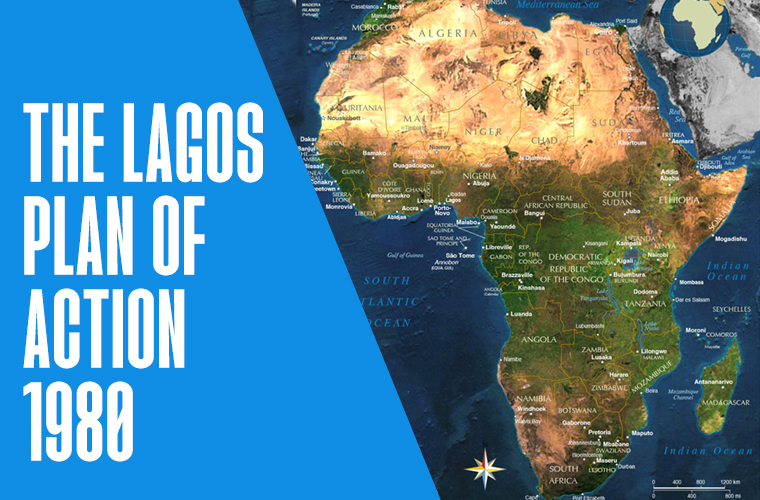The Lagos Plan of Action was a significant document that was adopted by the Organization of African Unity (OAU) in 1980. This comprehensive plan was created to address the economic and social challenges facing Africa at the time and to provide a framework for sustainable development across the continent. The Lagos Plan of Action recognized that Africa’s economic development was hindered by a number of factors, including inadequate infrastructure, limited access to technology, and a lack of investment. To address these challenges, the plan outlined a series of goals and strategies that African countries could pursue to promote economic growth and development.
One of the key goals of the Lagos Plan of Action was to increase intra-African trade. The plan recognized that African countries were overly reliant on exports to non-African countries and that this dependence was detrimental to their economic development. To address this challenge, the plan called for the creation of regional economic communities that would facilitate trade and investment among African nations.
The Lagos Plan of Action also recognized the importance of agricultural development for Africa’s economic growth. The plan called for increased investment in agriculture and the promotion of rural development to reduce poverty and increase food security. The plan also emphasized the need to improve access to education and healthcare to promote human development across the continent.
Despite its ambitious goals, the Lagos Plan of Action faced a number of challenges in its implementation. One of the main obstacles was a lack of funding. Many African countries lacked the financial resources to invest in the infrastructure and other initiatives outlined in the plan. Additionally, political instability and conflict in many African countries hindered progress towards achieving the plan’s goals.
Despite these challenges, the Lagos Plan of Action remains an important document in African history. It provided a comprehensive framework for addressing Africa’s economic and social challenges and laid the foundation for future efforts towards sustainable development on the continent. Today, many of the goals outlined in the Lagos Plan of Action continue to guide African policymakers as they work towards promoting economic growth and development across the continent.

